Losing my muse
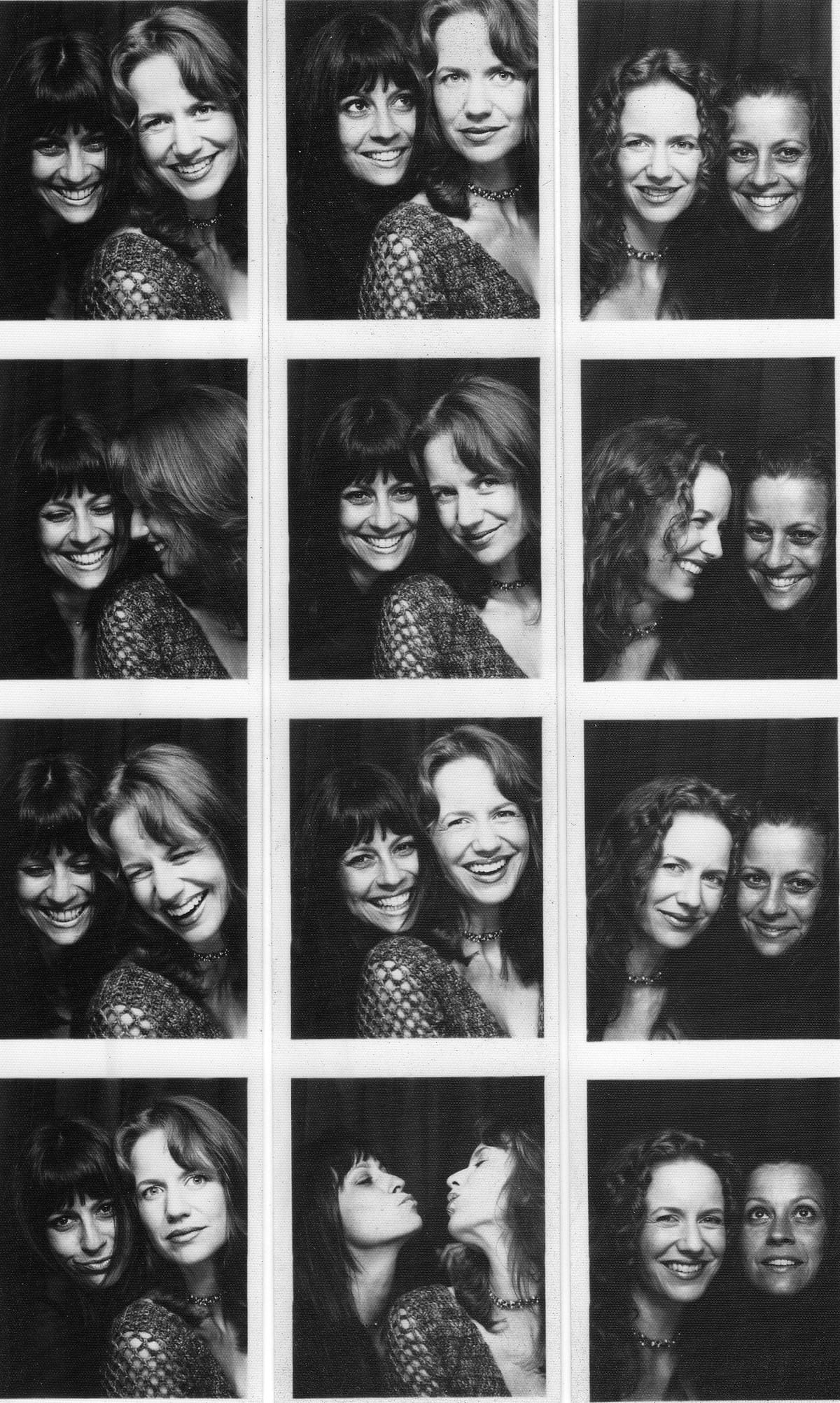
For some of us, a particular person becomes our "muse" somewhere along our journey. Uma Thurman famously inspired and co-created The Bride in Kill Bill with Quentin Tarantino. Givenchy designed with Audrey Hepburn's playful elegance in mind. For me, it's been my best friend since high school, Angela Ellis.
The nine Muses were Zeus' daughters, the goddesses who presided over music and flute, dance, history, tragedy, astronomy, sacred poetry and hymns, lyric and love poetry, comedy and bucolic poetry, and epic poetry. Over time, the term "muse" has come to mean a person who inspires artists, entrepreneurs, and others who feel lit from within by the energy of another.
People are said to be "visited by the muse." That generally means they feel they worked in concert with some storyteller/creator/inspirer whispering ideas into their thoughts. I'm among those writers who's experienced the sensation of feeling like I was just taking dictation, typing ideas spoken into my fingers. It's exhilarating.
Get a subscription to the Writing Unblocked Newsletter and get the Writing Unblocked ebook as my gift to you!
The concept of a muse has been overused to the point of pushing the word toward meaninglessness. A quick Google search of muses, whether they be for music fashion, painting, sculpture, literature, cars, or any other manner of thing, will show how muddy the waters can get when it comes to assigning a muse to a creator.
With Angela, it wasn't just that I based characters on her in several scripts and books, or that her Sophia character in the Charlotte Reade mystery series was a favorite who's popularity could overshadow that of the books' titular character. Angela didn’t just inspire characters that wrote themselves, she helped me to become a better writer. In fact, she always helps me to become better at everything we ever did together since we first drew a montage poster together in high school.
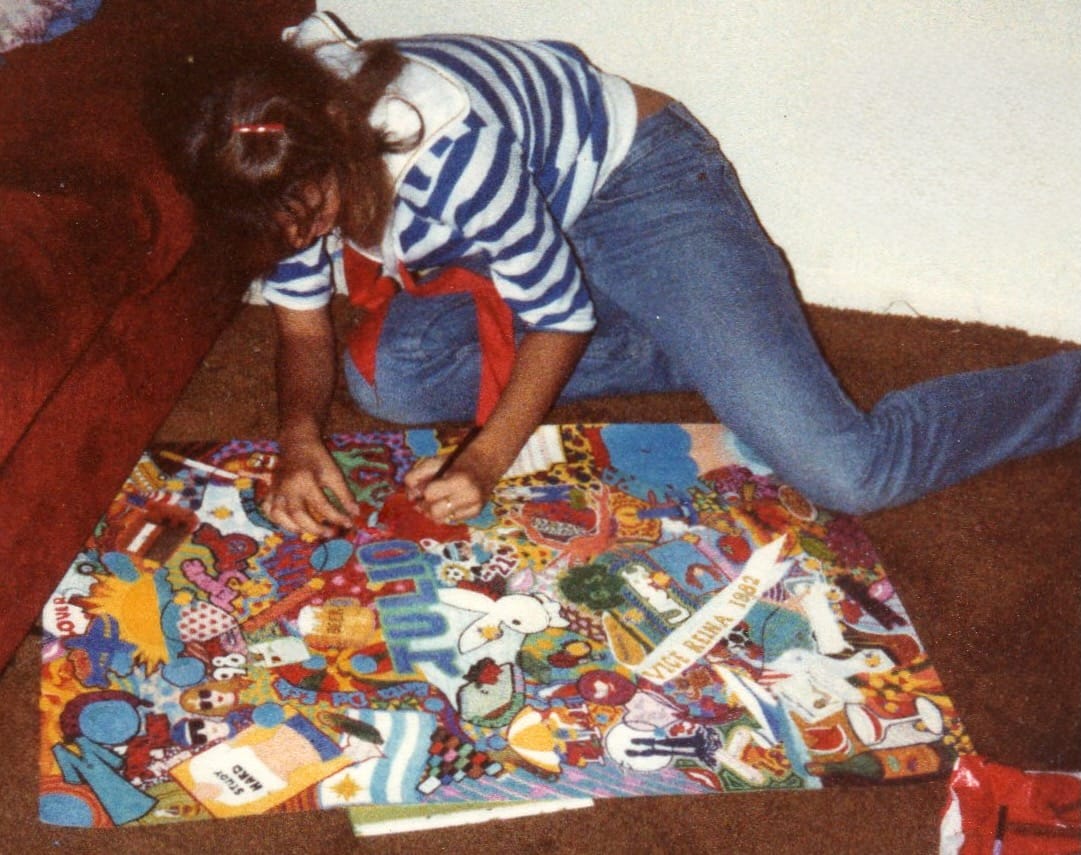
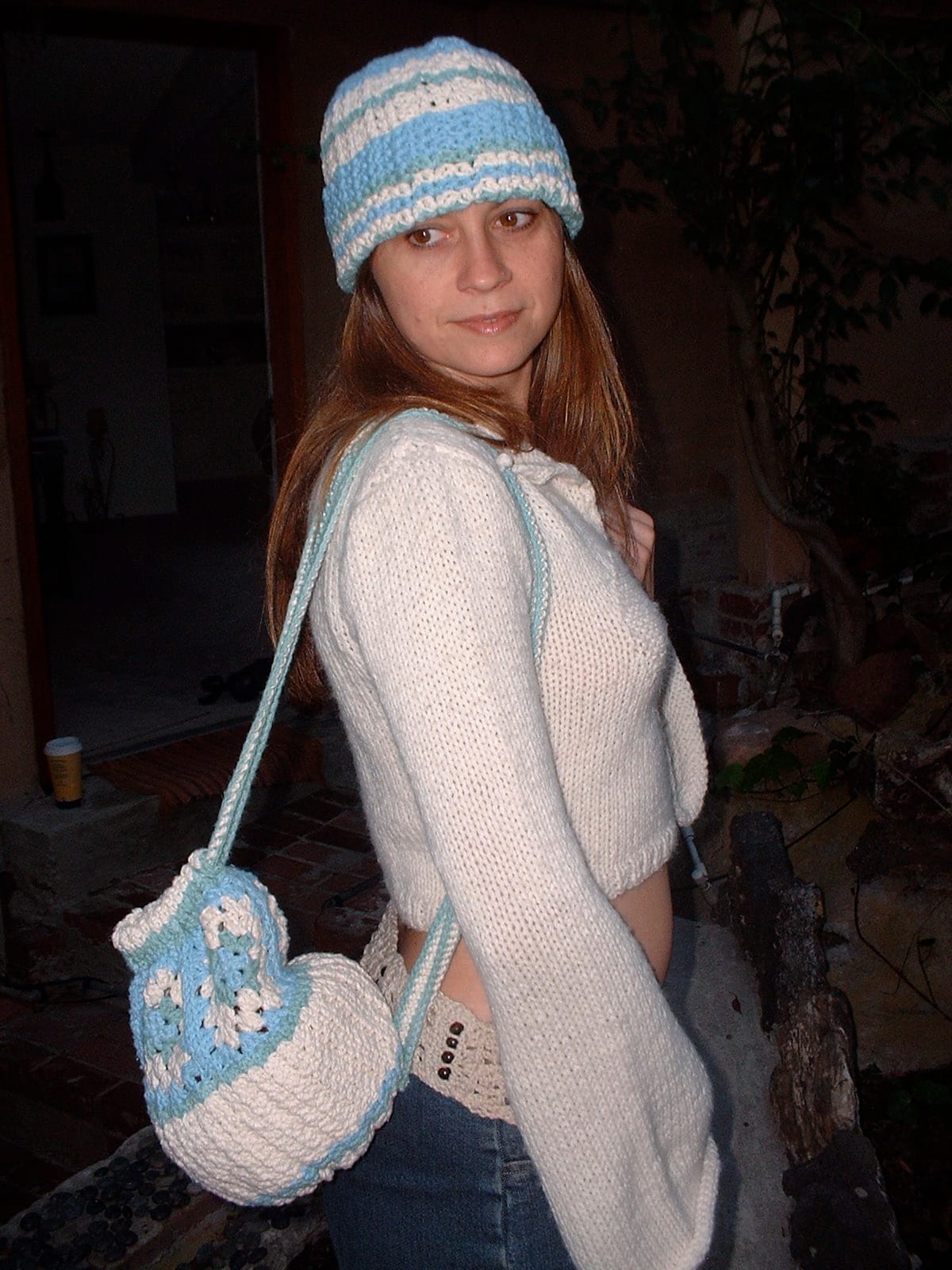
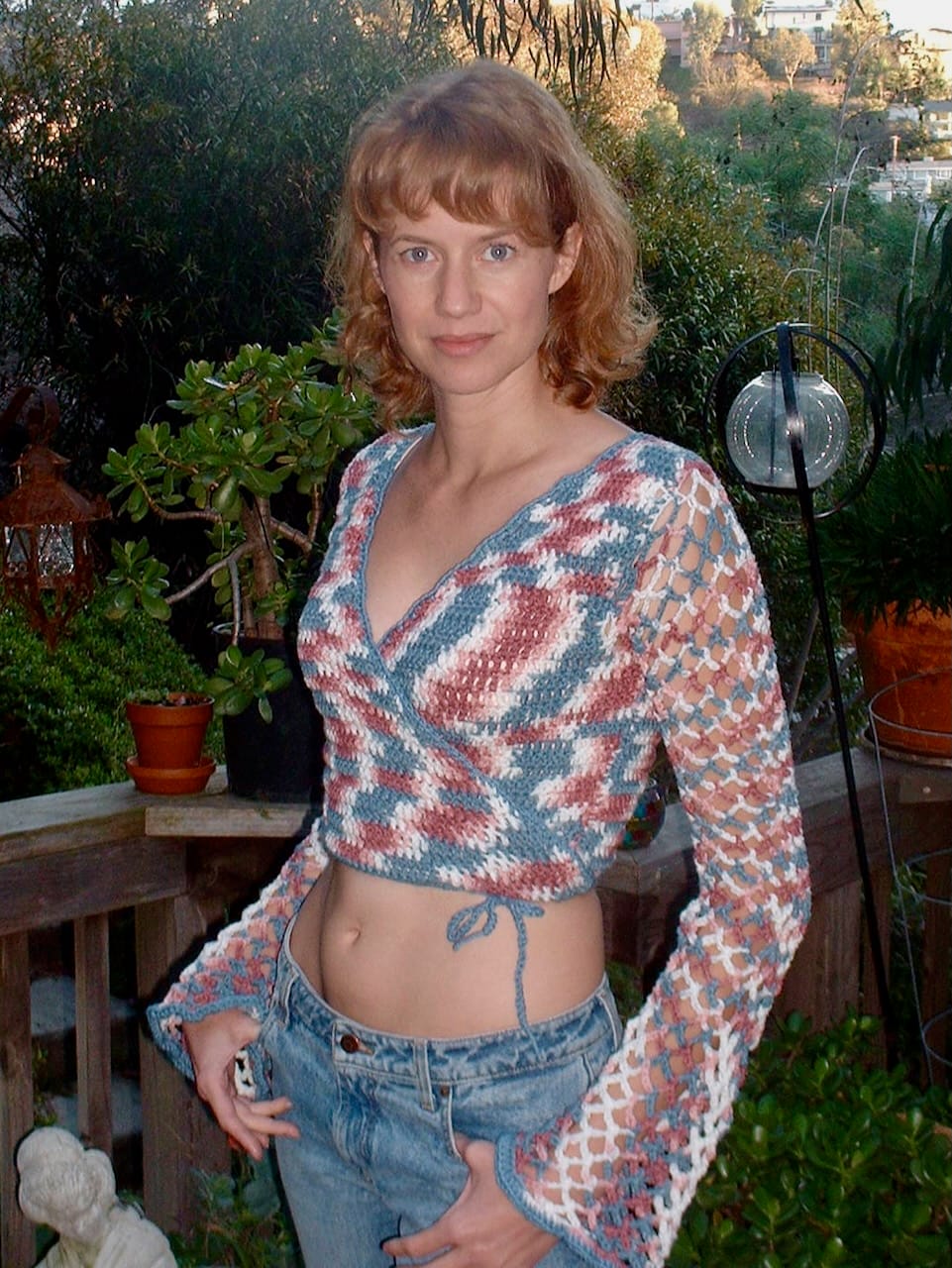
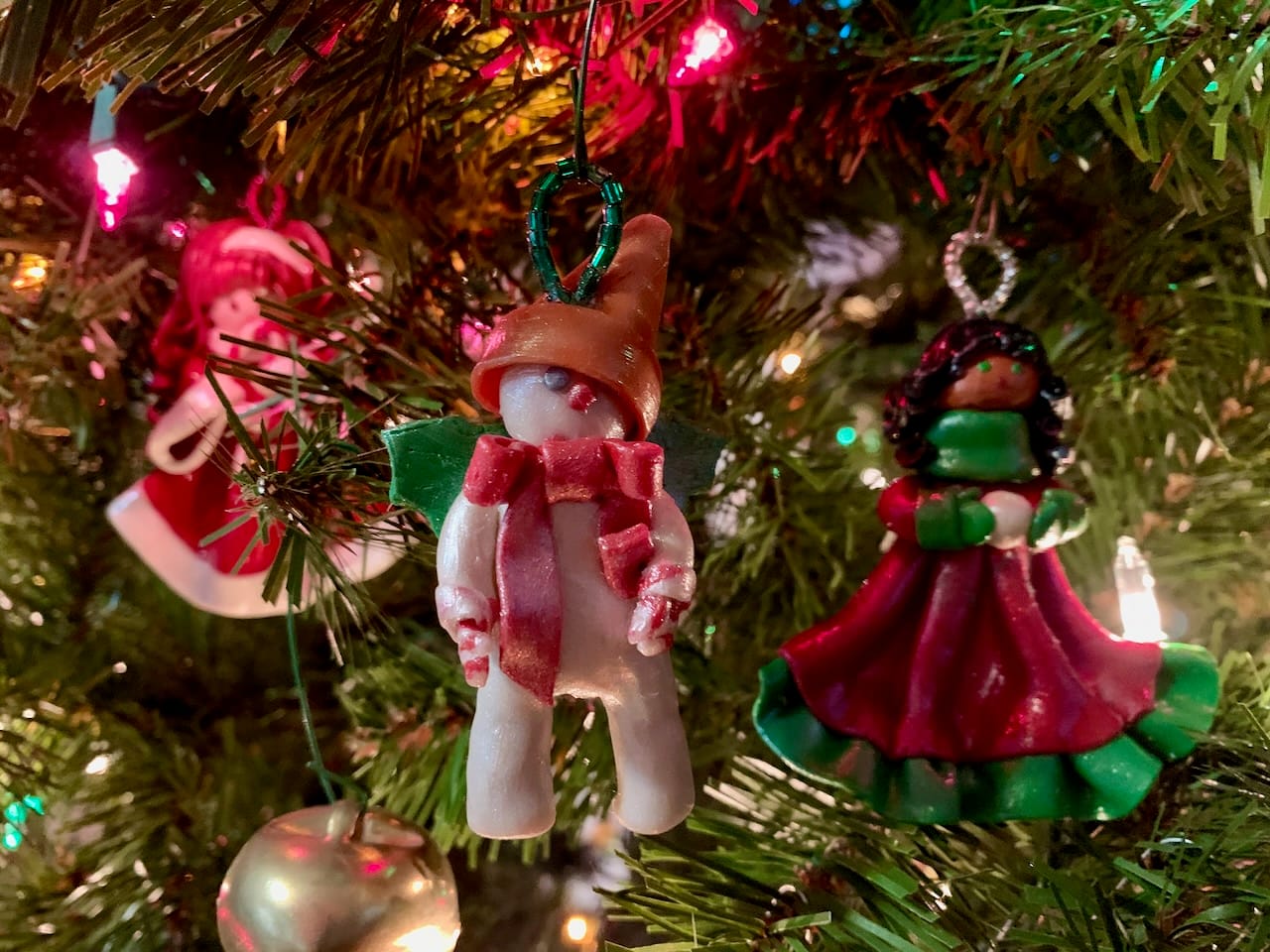


Weekly, we'd have "Craft Sunday" and crochet, knit, or make ornaments. She taught me tricks, I showed her hacks, and we made each other better. I even crocheted the halter I wore in Kill Bill as well as the sweater I wore to the premiere. I also sewed and beaded my skirt and made my jewelry for that red carpet. Angela, as usual, was my date.
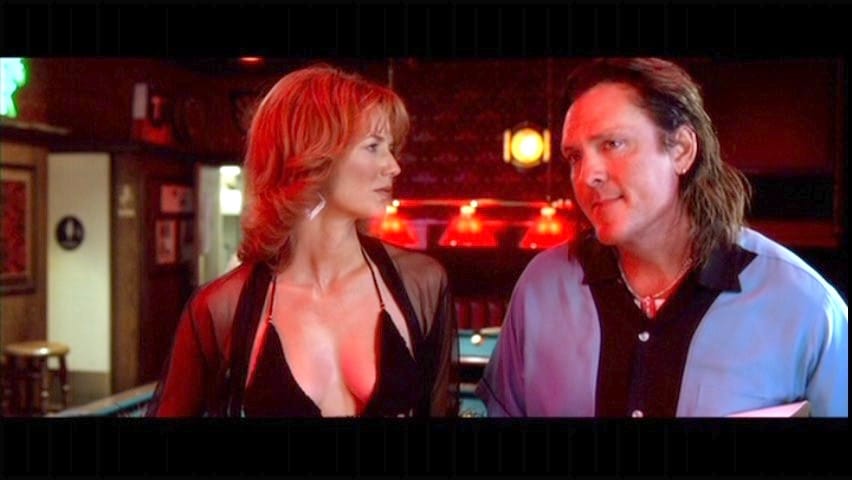

Kill Bill and premiere
The first movie I ever directed can’t be found on IMDb. I shot a spoof, Larry’s Angels, starring me, Angela and her sister, Juanita. Because of travel and scheduling issues, it took years of us running around L.A. in bikinis as both the "Angels" and the "bad angels" to finally finish – just in time for me to shoot my award-winning short, Intermission. Making Larry’s Angels taught me how to schedule, create shot lists, and direct actors who had no idea what they were doing. It’s still the most fun I’ve had making a movie, and the experience absolutely made me a better director.

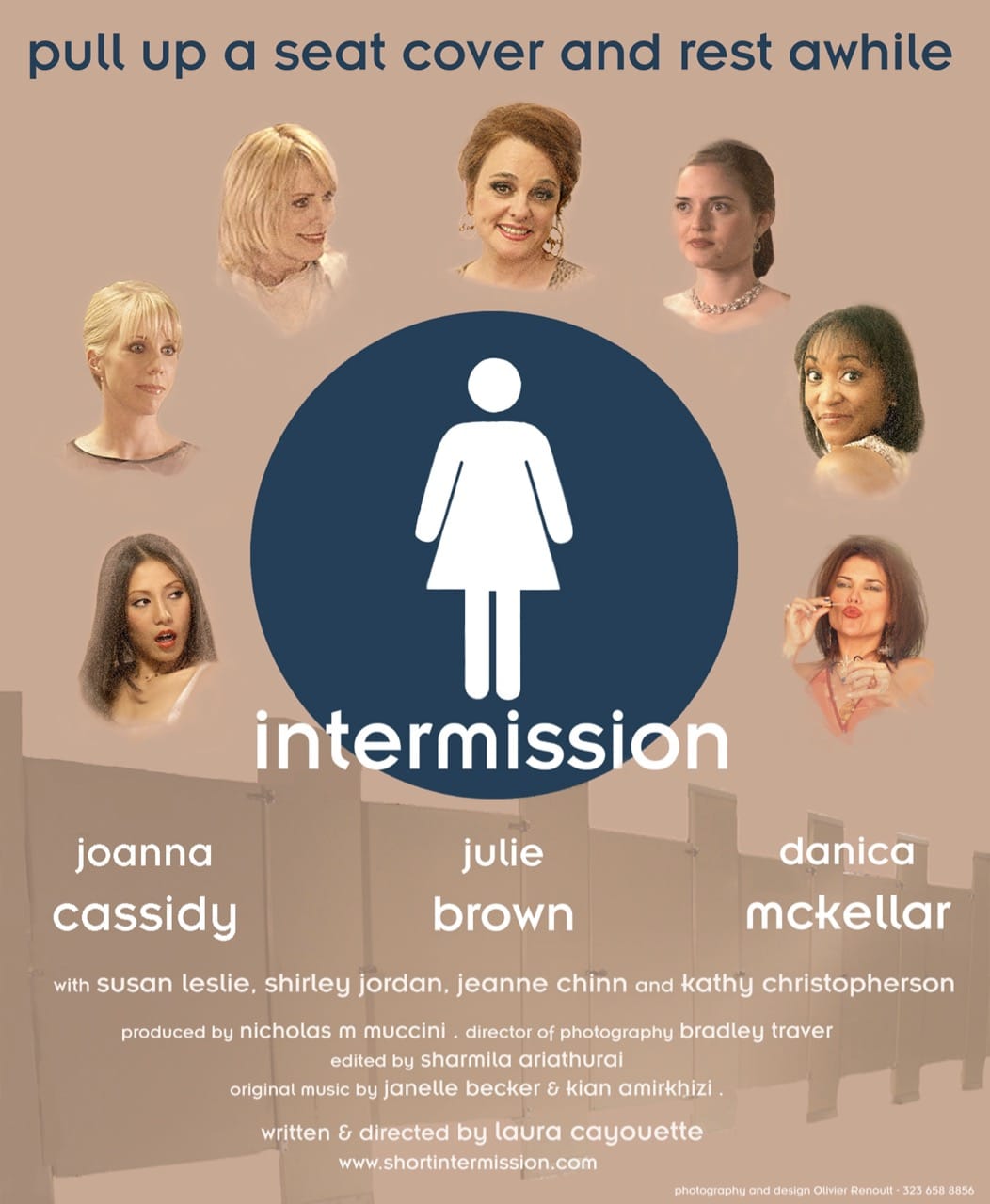
Larry's Angels, Intermission
One Craft Sunday in 2005, figuring Angela might literally be able to make me better at ANYTHING, I said, "Today's the day we write a script." By the end of the day, we had the title, concept and basic story that would become The Source. Angela isn't a writer, she owned and operated a chain of preschools, but I would research then we would brainstorm, what-if, and create our way through the story. It's such a sprawling tale that I've had to become a better writer to tackle it, but 20 years later, I'm more than halfway through the first of the 2-book series that is now The Source.
Subscribe to the Know Small Parts Newsletter and get Chapter 2 – Breaking Down the Scene of my book as my gift to you!
Almost 2 years ago, about when I had decided I was ready to finally write the book we'd been working toward for years, Angela was diagnosed with inoperable brain cancer. When Angela started to lose the ability to speak, I realized how often I didn’t know how she was going to end a sentence – how many times I guessed wrong and found that she was trying to say something I hadn’t thought of. After 4 1/2 decades of talking to a friend who cared about what I cared about — and often for the same reasons — I realized how often we saw things differently. There are some who say that the muse is a reflection of your own inspiration, your own imagination, your own creativity. But Angela was more like a perspective that never occurred to me.
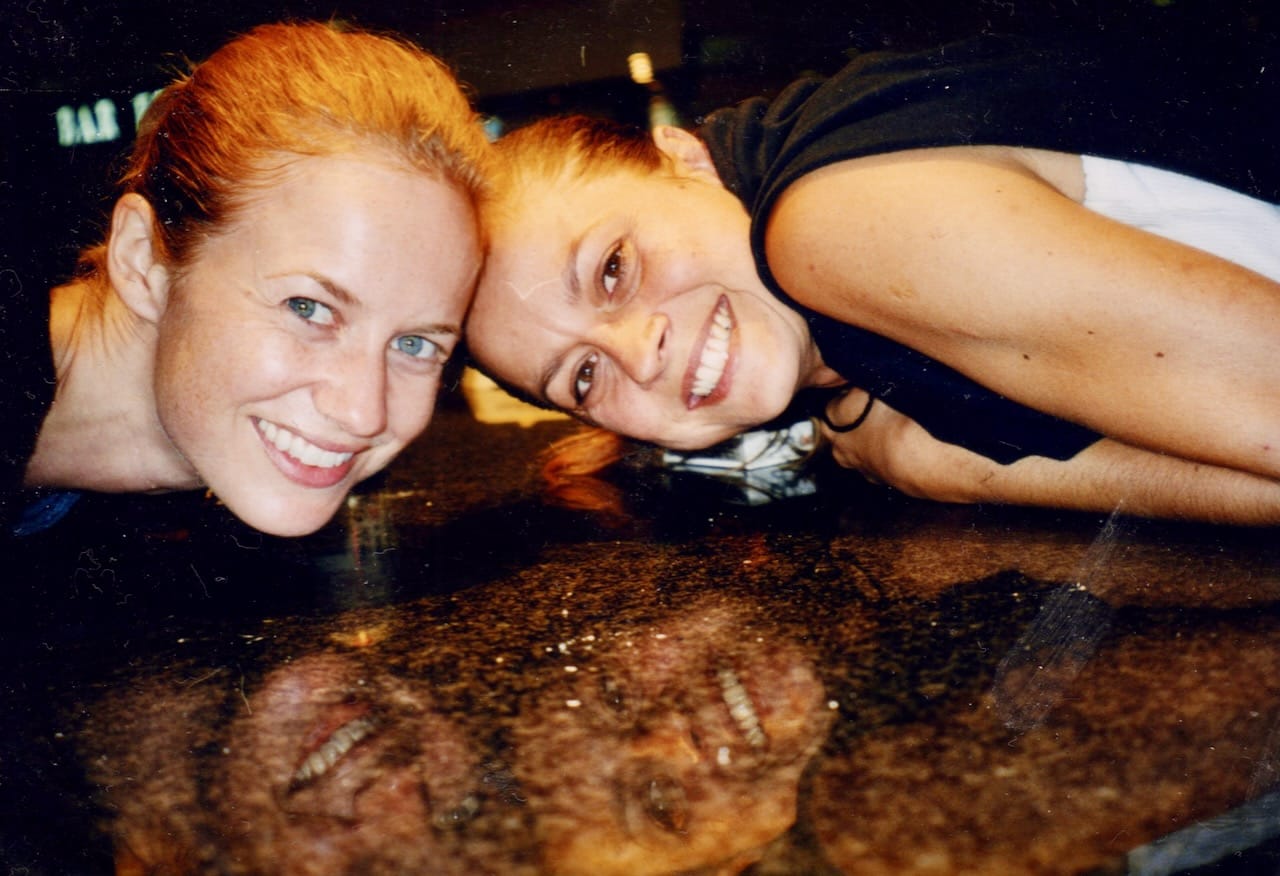
Angela losing the power of speech was devastating for so many reasons, but losing that perspective rocked me on many levels. I mostly switched from trying to brainstorm with her to telling her my ideas and seeking reactions. Finally, I could only read the book to her. The book we'd spent 20 years (on and off) creating. Though I'd written almost 7 chapters before Angela‘s passing, I only finished reading 5 of those chapters to her.
It’s hard for me to imagine Angela never reading The Source. It’s hard for me to imagine writing it without her. But it's impossible to imagine stopping.
What I can imagine is that Angela's energy continues. Her light shines bright. And I can sit on my porch and place her there with me and ask her my questions. And maybe now, freed from the constraints of her disease, she can finally tell me everything she was trying to tell me when she could no longer make words express her thoughts.
Get a subscription to the Writing Unblocked Newsletter and get the Writing Unblocked ebook as my gift to you!
I’ve developed new habits for communing with "the muse" as Angela began leaving the earth in pieces. Here are some things that have been working. Normally, this is where I'd insert the Paywall, but loss in its many forms is tough and if you've lost your inspiration and guidance, you might benefit from these ideas. If you've never had a muse, these tips might help you plug into the energy all around us, the universal stories, thoughts, and feelings still waiting to be shared.
Create space for brainstorming
Ideas come at all times, and sometimes not at all. Invite ideas to come to you – and not just when you’re actively banging your head against the wall, begging ideas to show up. Give your mind time and room to percolate. Set aside moments for idea development – time away from screens and tasks. Allow your brain to simply focus on the questions of your story and characters – not the words and the empty spaces waiting for more words.
You might also need to give yourself literal space for brainstorming. Your office or workspace may be ideal for organizing your thoughts, but sometimes you need somewhere new to open your mind. Changing what's surrounding you can literally change your perspective.
The trick to being visited by the Muse is leaving the door open
By creating the space that lends itself to open-mindedness, I am inviting her (inspiration) in. So when I find myself facing a question I might’ve puzzled out with Angela, I take the question out to my porch. I sit where I sat when Angela last visited New Orleans. I sit where I sat when I talked to her on FaceTime for years. I place Angela in the space with me, then I ask myself/the universe/the Muses/etc. the question. And I always get answers. Always.
It’s probable that these answers I’m getting lack Angela's unique perspective. But everything we were brainstorming about led us to the same conclusion – that everything is energy. That everything is connected.
I can still connect to Angela's energy and feel "lit from within by the energy of another."
Remember you're the one doing the writing
Angela and I often landed on the same idea at the same time. Once, we were both so excited to tell each other about a "vision" we'd had that I suggested we both write them down before talking so neither of us would forget what we were going to say. After Angela described her vision, I turned my piece of paper around and showed her that I'd drawn a sketch of exactly what she'd described. She turned her paper over and revealed the same sketch.
I'm not likely to find another muse like that. But I can remember that I had the vision. Maybe I would've had it whether she did or not. She was just ultra-confirming that we were on the right track.
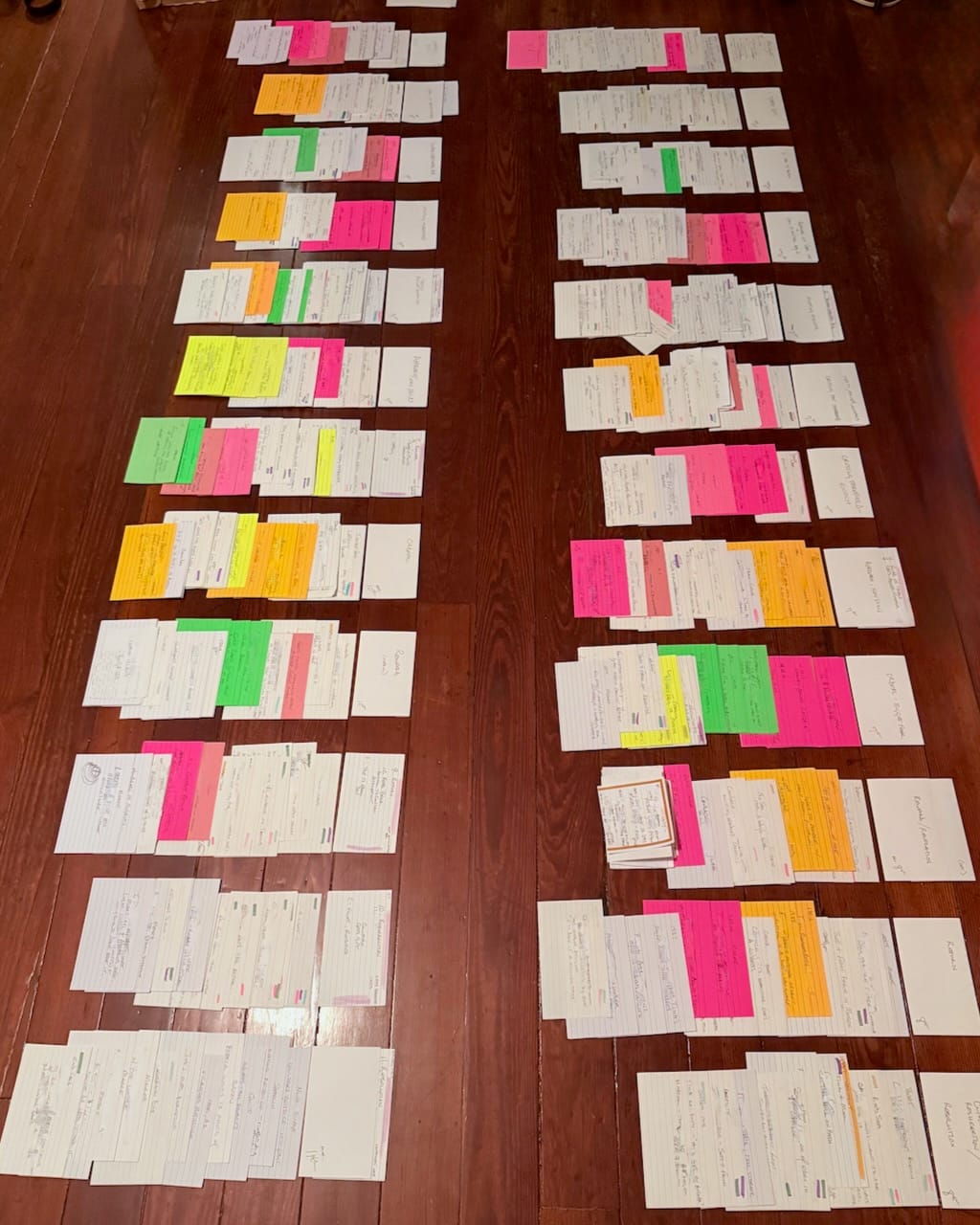
I never considered it Angela's job to inspire me. I was the writer and she was the friend I'd roped into this journey. Using my Writing Unblocked techniques, I mapped both books before Angela was diagnosed so I already have a detailed path for the remainder of the first book's chapters and all of the second book. Don't wait on a muse or any other form of inspiration to give you the go-ahead to write. You're the writer – write.
Get a subscription to the Writing Unblocked Newsletter and get the Writing Unblocked ebook as my gift to you!
Find other ways to "plug in"
On Craft Sundays (and lots of other days), Angela and I would listen to music and let it affect us. We'd get energized by dance songs, nostalgic over old favorites, swept away by romantic ballads, etc. I'm continuing that tradition as I work on The Source.
Those of you who've read my Charlotte Reade mystery series know that I often create playlists for my books that include every song mentioned in the books, videos of events and places featured, etc. My playlist for The Source is just the music Angela and I listened to on Craft Sundays – and it puts me right back on a porch with her, swapping ideas.

Find other inspirations and encouragements
The most selfish thing I miss about creating The Source with Angela is that she never got to articulate everything she was feeling as I read to her. Her face would light up, or she'd smile. Sometimes she became swept away by what we had created and would blurt something like, "incredible!" But I never really got verbal feedback on whether she liked what I'd finally written 20 years after that original day of crocheting and brainstorming. I settled for a multiple choice question of whether the book was as good as she imagined it, better than she imagined it, or worse than she imagined it all those years. She heartily said, "Better!" But I won't be getting even that feedback anymore.
I have other readers who give me feedback. It may not be the same or better, but it's so valuable to get outside perspectives when your objective is to find and/or serve your audience.
If you don't already have other readers, it's time to get some. Here's s few helpful hints:
- join a writing group, online or IRL
- swap scripts, manuscripts, etc. with fellow writers online or IRL
- read to the elderly, the vision impaired, children (when appropriate), and other willing audiences online or IRL
- record yourself reading, wait at least a few days, then listen to it
Like I said, remember you're the writer
It was always on me to be the one to turn the story we were weaving into (a too-cramped script, a failed novel attempt, and finally...) a 2-book series. The Source is, at its core, the story of a woman remembering her own power and realizing she's the goddess she's been looking for. It's only fitting that I remember my own power and reconnect with the part of myself that did all of the actual research and writing – turning our ideas into pages.
At the end of the day, I've written every word of The Source and I will finish it. It won't be The Source I would've written if my longest creative muse were still sitting on a porch brainstorming with me. But it will be some version of the story that has been trying to be told through us from the start. The story is still the story. And I'm still its writer.
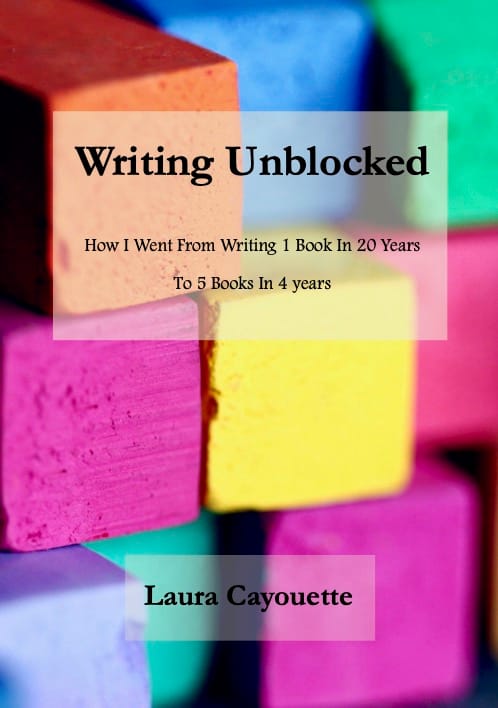
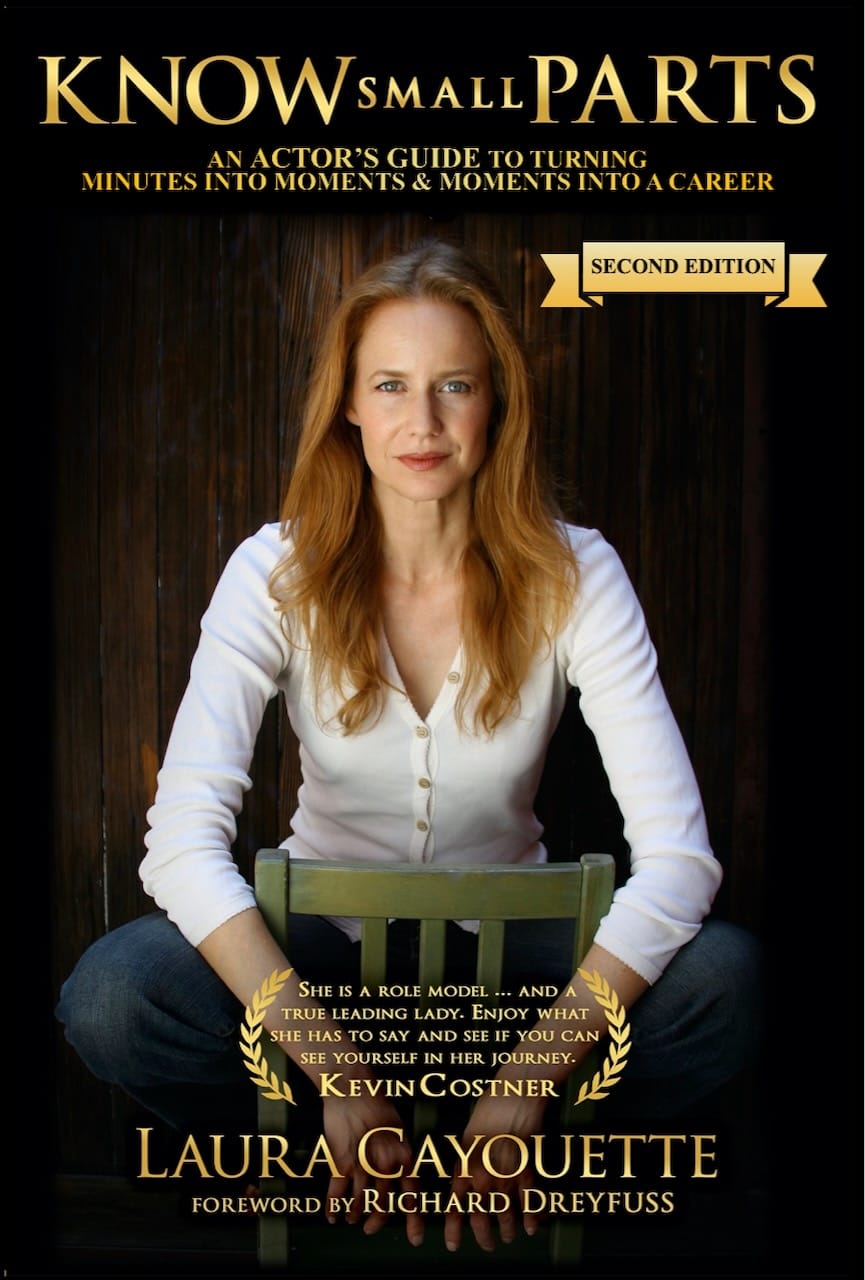
Comments ()